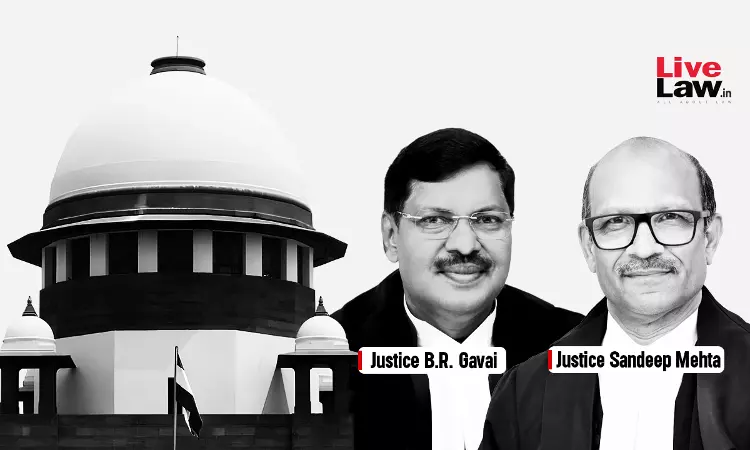Corporate Entity's Complaint Maintainable Under Consumer Protection Act 1986 : Supreme Court
Yash Mittal
23 March 2024 3:23 PM IST

Next Story
23 March 2024 3:23 PM IST
In a significant development, the Supreme Court held that the corporate entity/company wouldn't be barred under the old Consumer Protection Act of 1986 to be treated as a 'person' for filing a consumer complaint.Setting aside the order of the National Consumer Disputes Redressal Commission, the Bench Comprising Justices B.R. Gavai and Sandeep Mehta observed that although the word 'person'...
